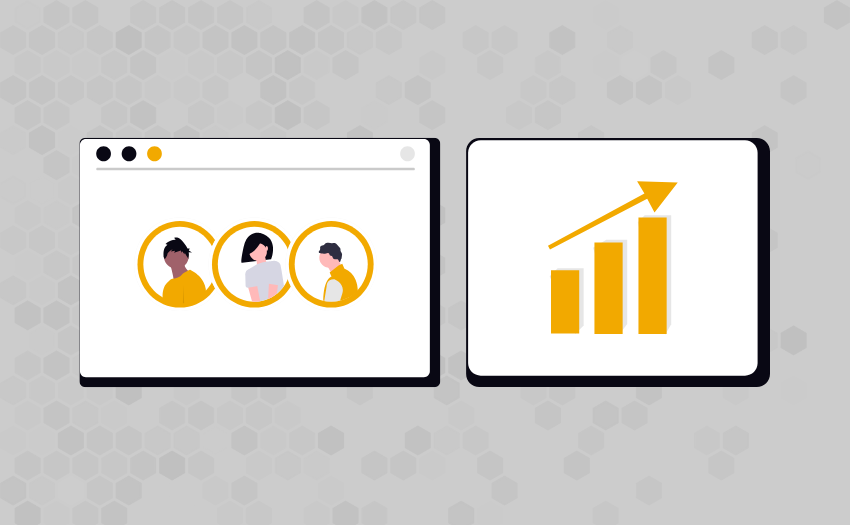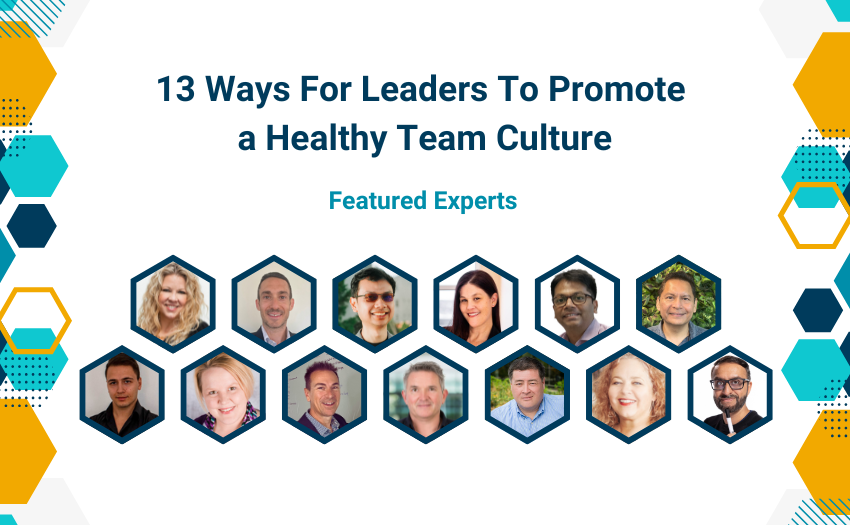When making decisions that impact an organization, it’s important to back them up with data. HR professionals should use metrics to guide choices–from hiring and development to engagement and culture. This might look like tracking turnover rates, reviewing survey results, or analyzing productivity trends.
But numbers alone aren’t the only piece of the puzzle. Equitable decisions also consider employee insights to balance business goals with team needs.
Data-driven decision-making in action
A spike in turnover within one specific department sparks curiosity for an HR team. Instead of making assumptions, they investigate survey feedback and partner with the team leader to create a plan for improvement.
10. Emotional Intelligence
Many are drawn to the human resources career path because of its focus on people. That’s why emotional intelligence is one of the top HR skills for a resume–and a must-have for anyone in the business of people. When navigating daily change and challenges, the capability to understand both your own emotions and those of others is key.
Emotional intelligence helps HR leaders build trust, deepen team relationships, and lead with empathy. When employees feel supported emotionally, they’re more engaged, open, and empowered to grow through workplace challenges.
Emotional intelligence in action
An employee shares that they’re struggling to adjust to their new manager’s leadership style. The HR professional creates space for them to share their experience. By listening closely, noticing body language, and validating their feelings, the employee feels seen, supported, and empowered to find a path forward.
Conclusion
In today’s HR landscape, standing out and keeping up requires a powerful blend of skills. Strategy, talent development, organizational design, adaptability, data analysis, AI knowledge, and people-first thinking are a handful of the top essentials. These skills not only strengthen your resume, but they also help you become the kind of HR leader who strives to help teams grow, adapt, and thrive.
If you’re ready to take the next step in your HR career, explore ICAgile’s Agility in HR certification. You’ll learn:
- Proven hiring strategies
- Growth & learning enablement
- Adaptability practices for HR leaders
Check out the Agility in HR learning outcomes for a complete breakdown of the knowledge you’ll build in this class.







